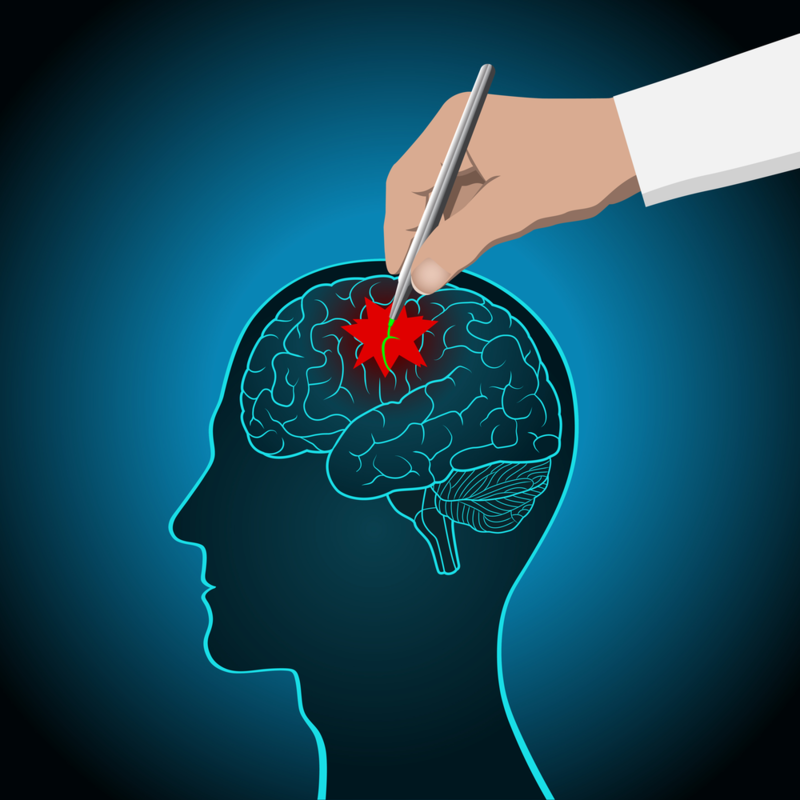Here's why the 90-day 'golden period' in post-stroke rehabilitation is vital
IANS Jun 20, 2018
The first 90 days of recovery after a stroke, also referred to as the 'golden period' is considered extremely important in the complete rehabilitation of a patient since most of the neurological recovery happens during this time says an expert.

A stroke can hit anyone at any age. India reports more than 1.8 million cases every year, of which almost 15 per cent affect people in their 30s and 40s. A stroke or a Cerebro Vascular Accident (CVA) results from a sudden blood loss to the brain or bleeding within the brain resulting in the impairment of neurological function. Obesity, smoking, hypertension, alcohol consumption, diabetes and family history are considered some of the common factors leading to a stroke. While effective treatment for stroke is evolving in the country, a largely neglected area is the 'golden period' of post-stroke rehabilitation.
The first 90 days after recovery of a stroke are referred to as the 'golden period'. This phase is considered extremely important in the complete rehabilitation of a patient since most of the neurological recovery happens during this time. The 'golden period' is significant because in the absence of continued monitoring by a team of skilled nurses and doctors, critical signs in a patient could be overlooked consequently leading to a relapse, disability with profound effects on the quality of life or moving to a vegetative state and death.
Some of the critical signs to watch for after a stroke are:
- Symptoms of heart disease - chest pain, fatigue, congestion et al
- Deep vein thrombosis - swelling, pain or tenderness in the legs
- Pneumonia - fever, shortness of breath
- Seizures - tingling sensation, partial loss of consciousness
- Depression - feelings of anxiety, irritability, helplessness
Early rehabilitation in an organised care setting can prevent other common post stroke complications like recurrent stroke, bed sores, aspirations, spasticity and infections. A reliable prognosis (the likely course of a medical condition) in all patients is made within 12 weeks from a stroke's onset. The majority of neurological effects of a stroke can be reduced if early, intense and consistent rehabilitation is initiated.
With the right rehabilitation care provided by a multidisciplinary team of doctors, within the first 90 days itself there will be noticeable signs of improved functional outcomes in the activities of daily living in a stroke patient. These interventions will enhance socialisation and minimize changes of mood issues like depression.
The key objective of stroke rehabilitation is to restore health in an individual through neurological recovery (mainly through neuroplasticity), functional recovery with task-specific training and improving the quality of life by focusing on emotional wellbeing.
The primary steps of rehabilitation care which needs to be initiated within the first 90 days of the Golden Period are:
- Base assessment & risk profiling- The recovery prognosis of a patient should be made as per the severity of the disease, by taking into account any co-morbidities including high blood pressure, diabetes, hypercholesterolemia and preventable risk factors like falls, aspiration, infections et al.
- Goal setting- A multidisciplinary team of care providers including physicians, speech therapists, occupational therapists, nurses, physiotherapists and dieticians should work with the family to set realistic and mutually agreeable goals for enhanced recovery.
- Regular evaluation- Performance indicators should be rigorously monitored to continue/ modify the care plan. Stroke affects differently in individuals and hence each care plan should be customised as per the individual's condition.
- Empowerment- Soon after discharge from a critical care setting, depending on the intensity of the condition a stroke patient should decide to choose the next care setting. He/she should be advised to handle the disease/risk factors and ideally moved to an organised rehabilitation setting for an empowered and accelerated recuperation.
As India battles a rising stroke epidemic compared to other developing nations, it is high time we focused on specialized programmes of stroke rehabilitation to effectively overcome the disability.
-
Exclusive Write-ups & Webinars by KOLs
-
Daily Quiz by specialty
-
Paid Market Research Surveys
-
Case discussions, News & Journals' summaries